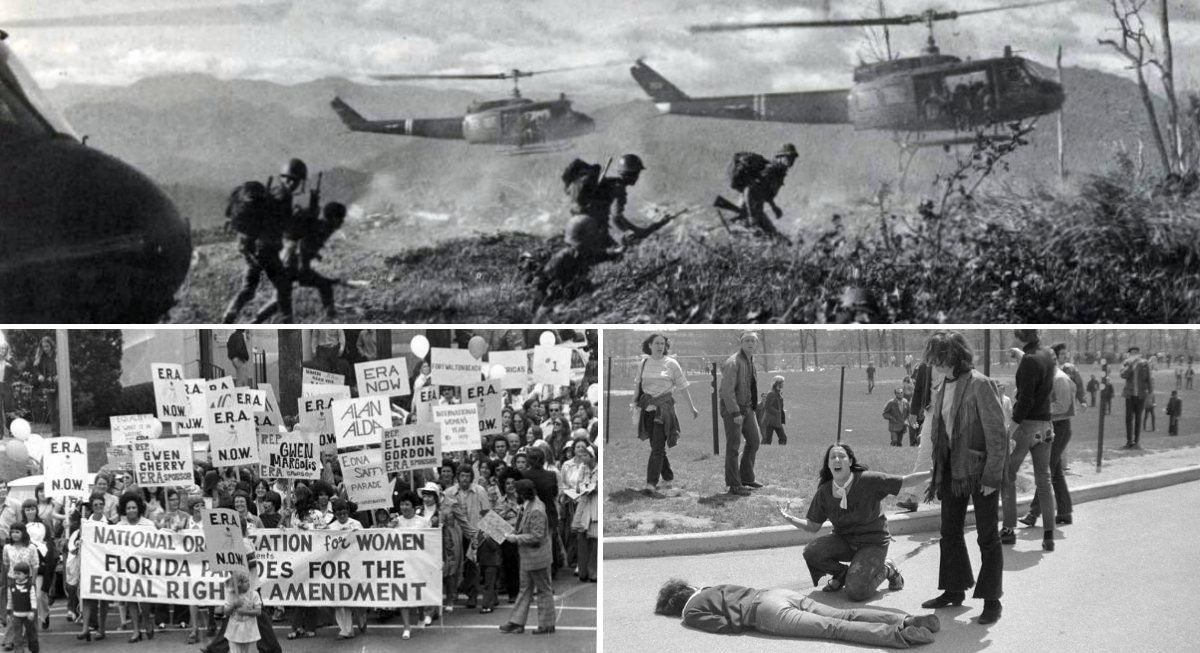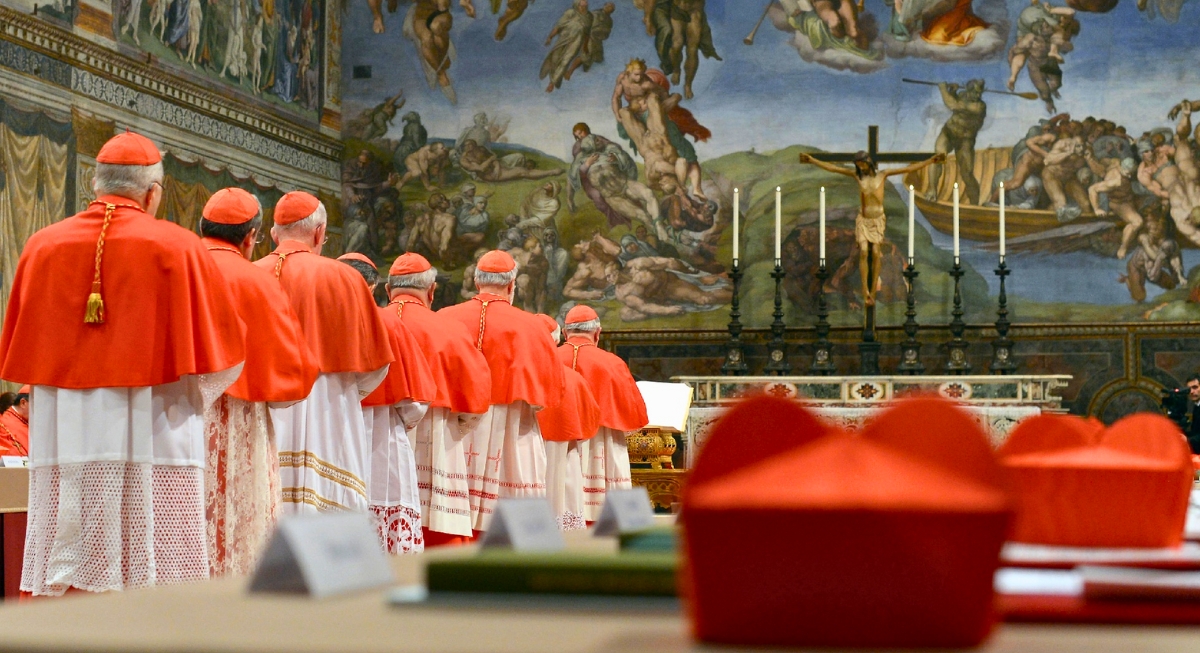They came of age in a world that moved fast—TVs entered homes, suburbs sprawled, and rock ‘n’ roll was brand new. Eventually, Baby Boomers helped define an era. The events they lived through quietly molded the way this generation thinks and lives.
Army-McCarthy Hearings, 1954
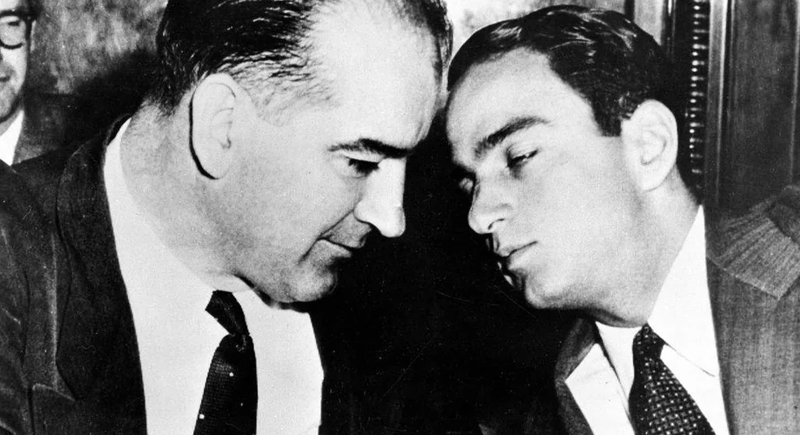
Credit: Reddit
In 1954, Senator Joseph McCarthy’s aggressive anti-communist investigations culminated in the Army-McCarthy hearings. Televised nationally, these proceedings exposed McCarthy’s tactics and led to his censure by the Senate. The hearings fostered skepticism toward government overreach and influenced the Baby Boomers’ views on authority and civil liberties.
Rosa Parks and the Montgomery Bus Boycott, 1955
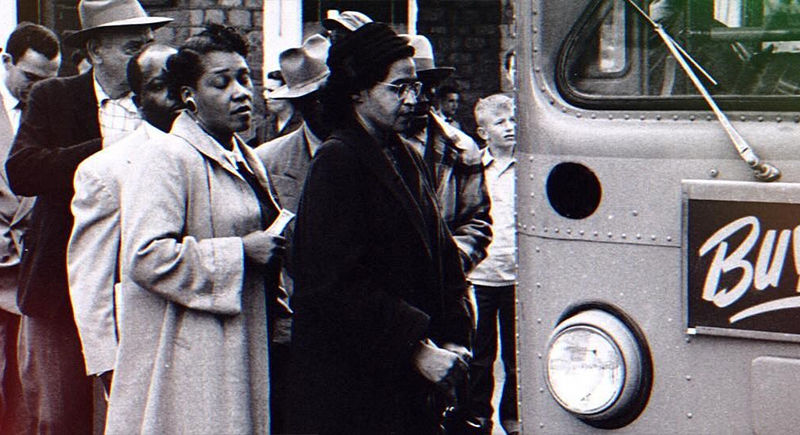
Credit: Instagram
On December 1, 1955, Rosa Parks refused to give up her seat to a white passenger on a bus in Montgomery, Alabama. Her arrest sparked the Montgomery Bus Boycott, a 381-day protest that led to a Supreme Court ruling declaring segregation on public buses unconstitutional.
Shippingport Nuclear Power Plant, 1957
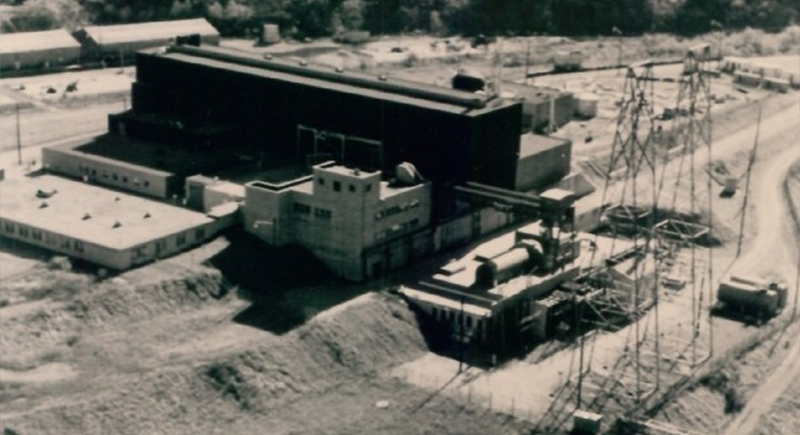
Credit: Instagram
When it began operations in 1957, the Shippingport Atomic Power Station in Pennsylvania became the first full-scale nuclear power plant in the U.S. This milestone signaled the dawn of the nuclear age.
Election of John F. Kennedy, 1960
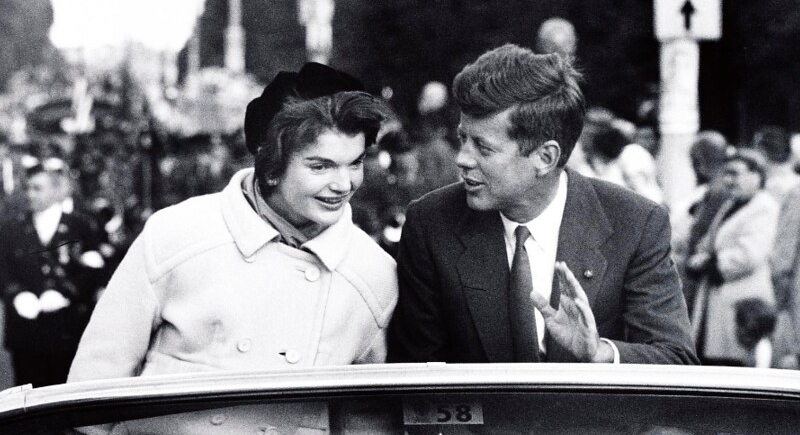
Credit: flickr
John F. Kennedy’s election as the 35th President of the United States in 1960 brought a sense of youthfulness to the White House. His administration’s focus on civil rights, space exploration, and public service inspired many Baby Boomers to engage in civic life and believe in the possibility of progressive change.
Cuban Missile Crisis, 1962
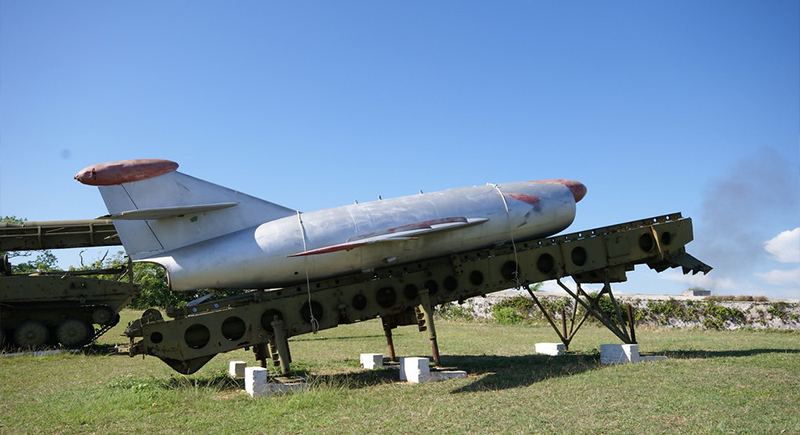
Credit: flickr
In October 1962, the discovery of Soviet nuclear missiles in Cuba led to a 13-day standoff between the U.S. and the USSR. The Cuban Missile Crisis brought the world to the brink of nuclear war, instilling in Baby Boomers a profound awareness of global politics and the fragility of peace.
March on Washington, 1963
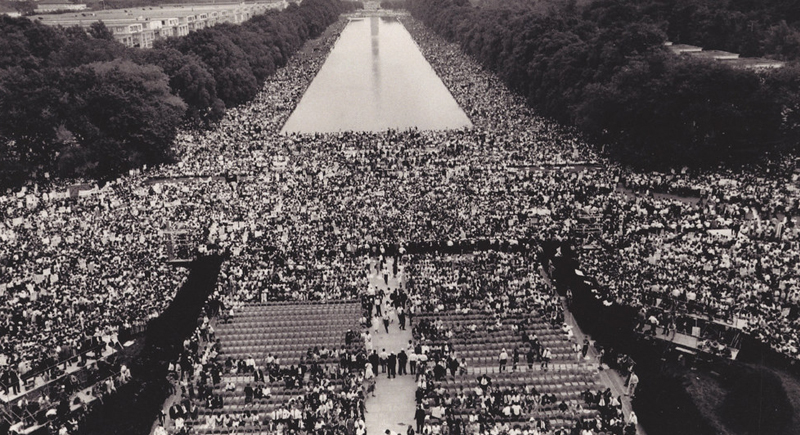
Credit: flickr
On August 28, 1963, over 250,000 people gathered in Washington, D.C., for the March on Washington for Jobs and Freedom. Dr. Martin Luther King Jr.’s iconic “I Have a Dream” speech during the event became a defining moment in the civil rights movement.
Assassination of John F. Kennedy, 1963
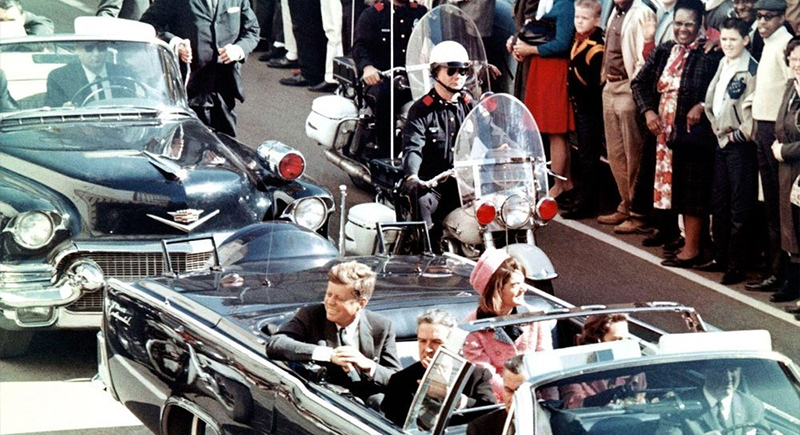
Credit: Instagram
President John F. Kennedy encountered a fatal attack on November 22, 1963, in Dallas, Texas. The shocking event was broadcast across the nation. It showed the volatility of the era and the vulnerability of even the most powerful leaders.
Civil Rights Act of 1964
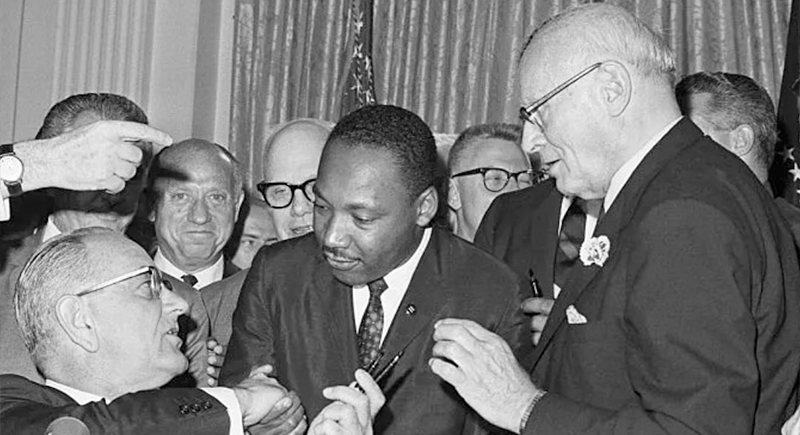
Credit: Instagram
The Civil Rights Act, signed into law on July 2, 1964, prohibited discrimination based on race, color, religion, sex, or national origin. This landmark legislation dismantled legal segregation and was a significant victory for the civil rights movement.
Escalation of the Vietnam War, 1965
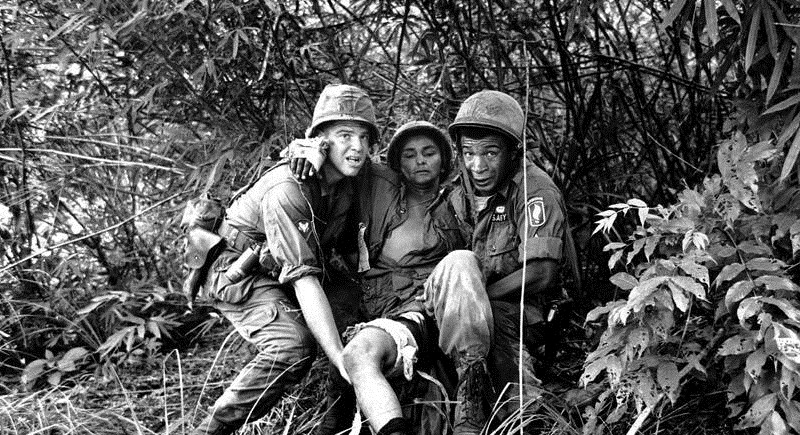
Credit: flickr
In 1965, the U.S. significantly increased its military presence in Vietnam, marking a major escalation in the conflict. The Vietnam War became a central issue for the Baby Boomers, many of whom were drafted or protested against the war.
Founding of the National Organization for Women, 1966
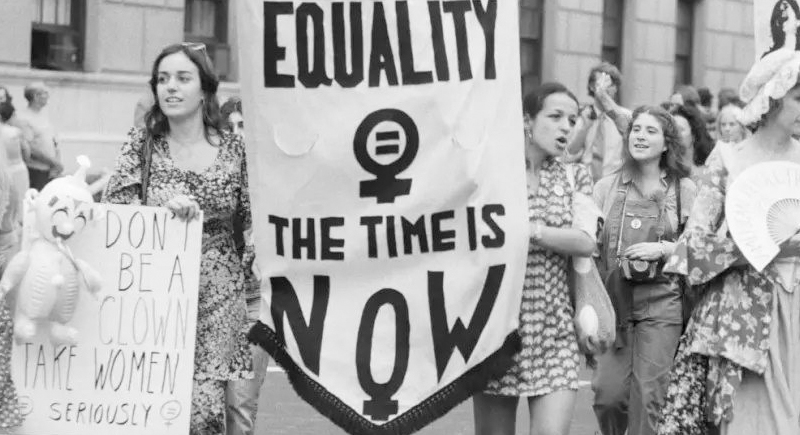
Credit: Instagram
The National Organization for Women (NOW) was established in 1966 to advocate for women’s rights and gender equality. As the largest feminist organization in the U.S., NOW played a crucial role in advancing women’s issues.
Formation of the American Indian Movement, 1968
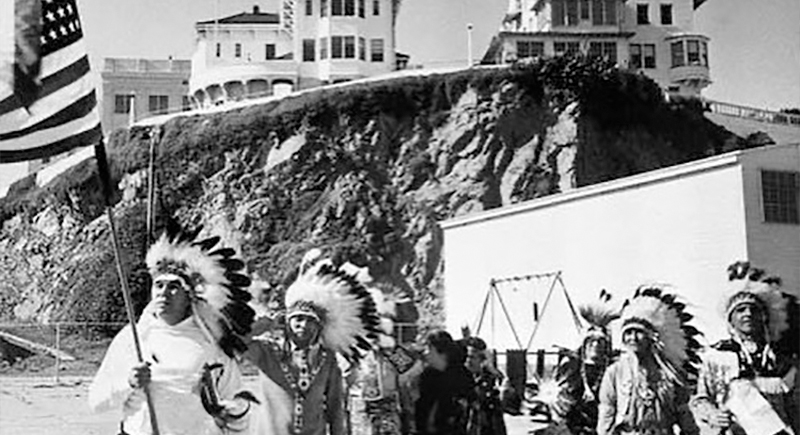
Credit: Instagram
The American Indian Movement (AIM) was founded in 1968 to address systemic issues facing Native Americans, including poverty and police brutality. AIM’s activism brought attention to Indigenous rights and inspired Baby Boomers to recognize and support the struggles of marginalized communities.
Attack on Martin Luther King Jr., 1968
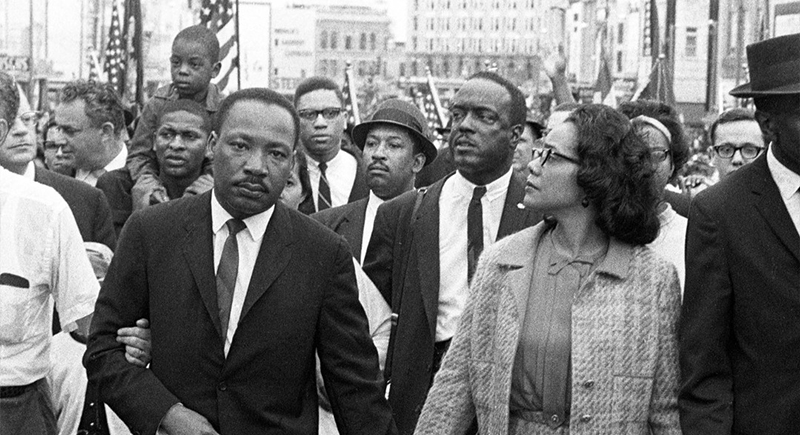
Credit: Instagram
Dr. Martin Luther King Jr. was fatally targeted on April 4, 1968, in Memphis, Tennessee. His death sparked nationwide riots and mourning. King’s commitment to nonviolent protest and civil rights left a lasting legacy on the generation’s values and activism.
Assassination of Robert F. Kennedy, 1968
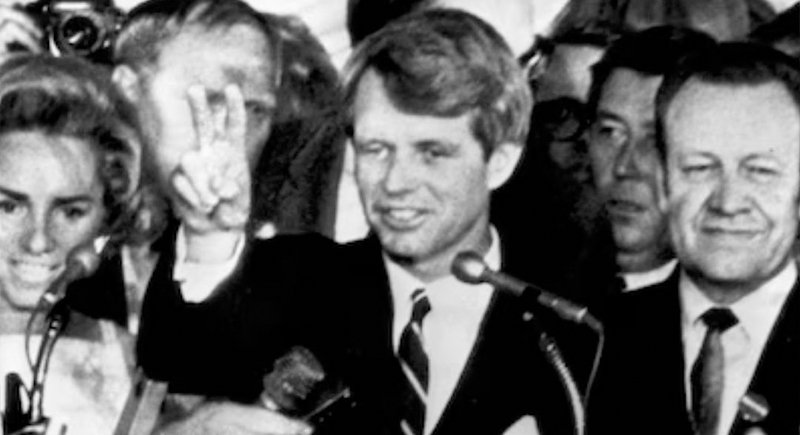
Credit: Instagram
Senator Robert F. Kennedy was also fatally targeted on June 5, 1968, shortly after winning the California Democratic primary. His passing, occurring just two months after Dr. King’s, deepened the nation’s sense of turmoil and loss.
Apollo 11 Moon Landing, 1969
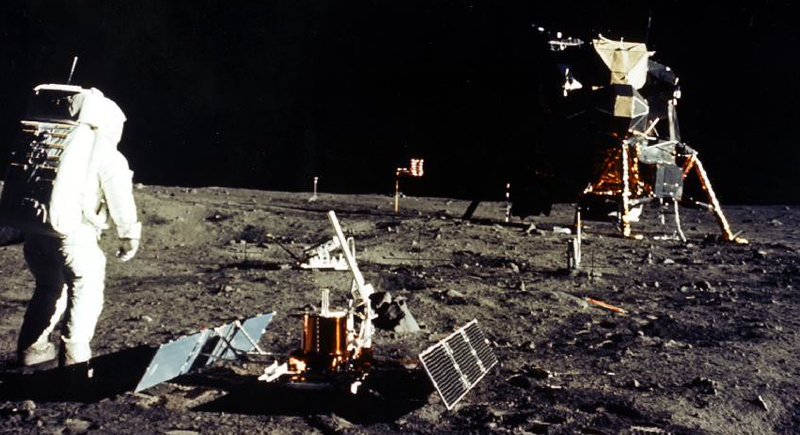
Credit: flickr
On July 20, 1969, NASA’s Apollo 11 mission successfully landed astronauts Neil Armstrong and Buzz Aldrin on the Moon. This monumental achievement in space exploration captivated the world.
Kent State University Shootings, 1970
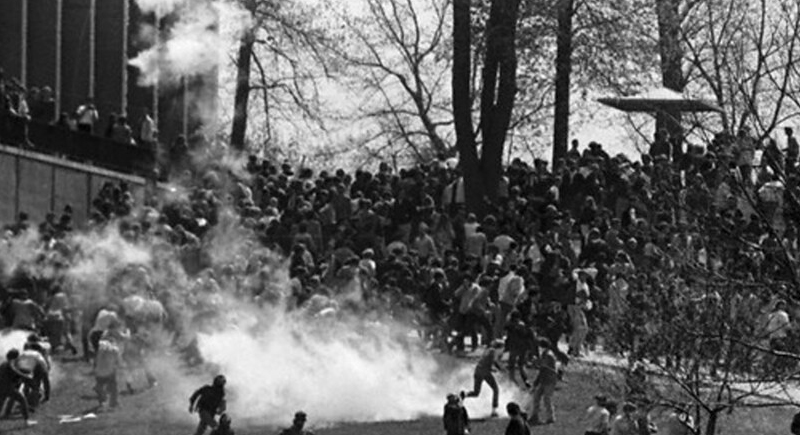
Credit: flickr
On May 4, 1970, National Guard troops opened fire on students protesting the Vietnam War at Kent State University, resulting in four students losing their lives and nine others injured. The incident intensified anti-war sentiments among Baby Boomers.

